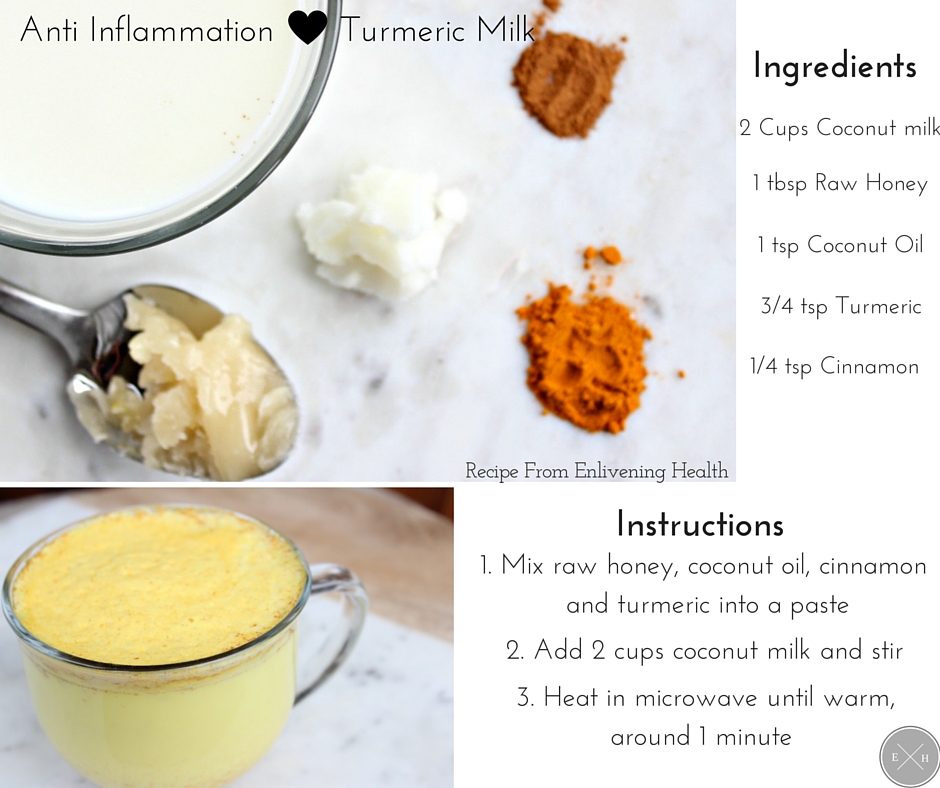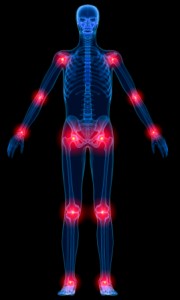A stomach ache is a term often used to refer to cramps or a dull ache in the tummy (abdomen). It’s usually short-lived and is often not serious.

Stomach ache and abdominal pain – your guide
Severe abdominal pain is a greater cause for concern. If it starts suddenly and unexpectedly, it should be regarded as a medical emergency, especially if the pain is concentrated in a particular area.
Call your GP as soon as possible or go to your nearest hospital accident and emergency (A&E) department if this is the case.
If you feel pain in the area around your ribs, read about chest pain for information and advice.
Stomach cramps with bloating
Stomach cramps with bloating are often caused by trapped wind. This is a very common problem that can be embarrassing, but is easily dealt with. Your chemist will be able to recommend a product which can be bought over the counter to treat the problem.
Sudden stomach cramps with diarrhoea
If your stomach cramps have started recently and you also have diarrhoea, the cause may be a tummy bug (gastroenteritis). This means you have a viral or bacterial infection of the stomach and bowel, which should get better without treatment after a few days.
Gastroenteritis may be caused by coming into close contact with someone who’s infected, or by eating contaminated food (food poisoning).
If you have repeated bouts of stomach cramps and diarrhoea, you may have a long-term condition, such as irritable bowel syndrome.
Sudden severe abdominal pain
If you have sudden agonising pain in a particular area of your tummy, call your GP immediately or go to your nearest A&E department. It may be a sign of a serious problem that could rapidly get worse without treatment.
Serious causes of sudden severe abdominal pain include:
appendicitis – the swelling of the appendix (a finger-like pouch connected to the large intestine), which causes agonising pain in the lower right-hand side of your abdomen, and means your appendix will need to be removed
a bleeding or perforated stomach ulcer – a bleeding, open sore in the lining of your stomach or duodenum (the first part of the small intestine)
acute cholecystitis – inflammation of the gallbladder, which is often caused by gallstones; in many cases, your gallbladder will need to be removed
kidney stones – small stones may be passed out in your urine, but larger stones may block the kidney tubes, and you’ll need to go to hospital to have them broken up
diverticulitis – inflammation of the small pouches in the bowel that sometimes requires treatment with antibiotics in hospital
If your GP suspects you have one of these conditions, they may refer you to hospital immediately.
Sudden and severe pain in your abdomen can also sometimes be caused by an infection of the stomach and bowel (gastroenteritis). It may also be caused by a pulled muscle in your abdomen or by an injury.
Long-term or recurring abdominal pain
See your GP if you or your child have persistent or repeated abdominal pain. The cause is often not serious and can be managed.
Possible causes in adults include:
irritable bowel syndrome (IBS) – a common condition that causes bouts of stomach cramps, bloating, diarrhoea or constipation; the pain is often relieved when you go to the toilet
inflammatory bowel disease (IBD) – long-term conditions that involve inflammation of the gut, including Crohn’s disease and ulcerative colitis
a urinary tract infection that keeps returning – in these cases, you will usually also experience a burning sensation when you urinate
constipation
period pain – painful muscle cramps in women that are linked to the menstrual cycle
other stomach-related problems – such as a stomach ulcer, heartburn and acid reflux, or gastritis (inflammation of the stomach lining)
Possible causes in children include:
constipation
a urinary tract infection that keeps returning
heartburn and acid reflux
abdominal migraines – recurrent episodes of abdominal pain with no identifiable cause
[Original article on NHS Choices website]




